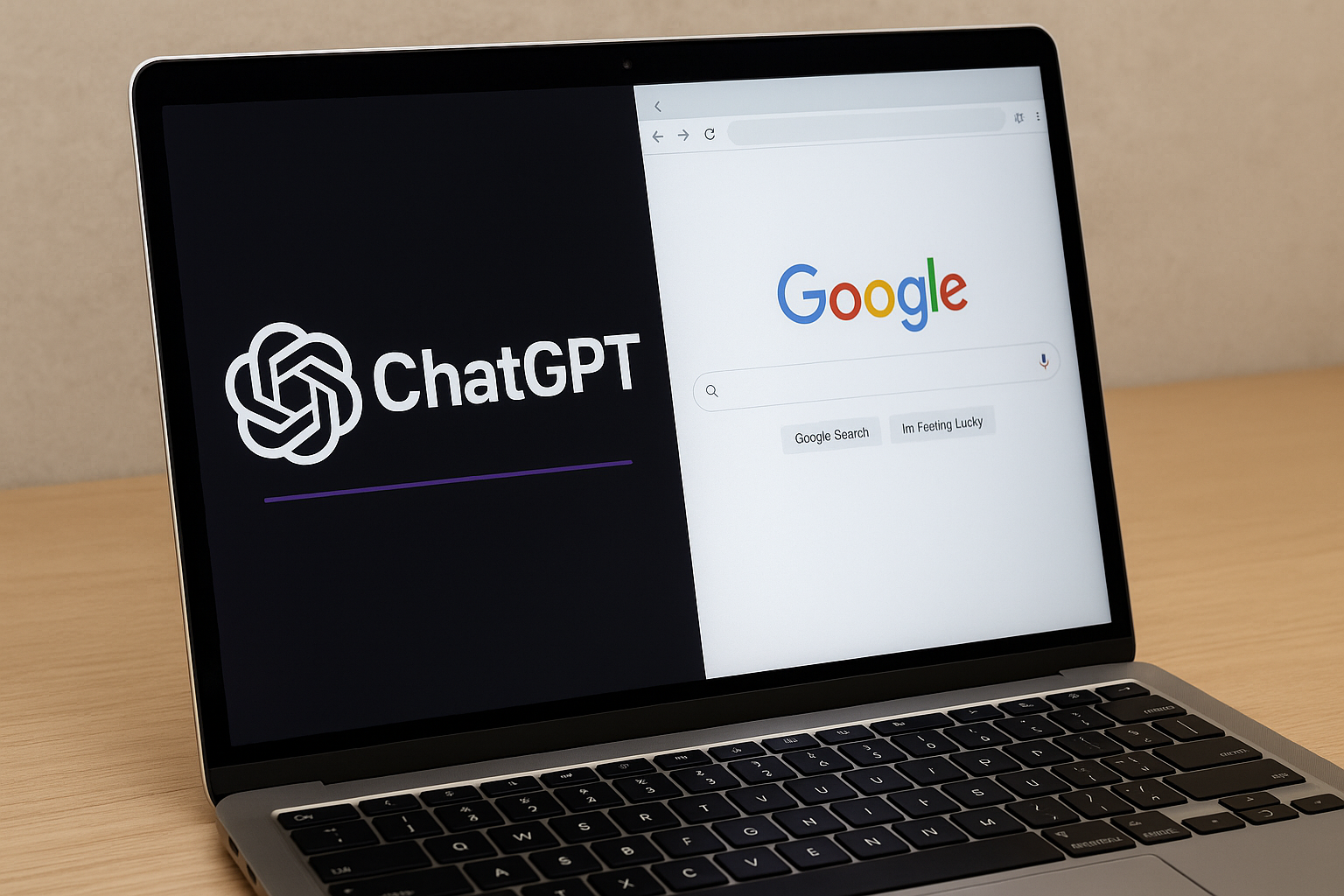In a move that sparked wide ranging debate around privacy and data ethics, OpenAI faced backlash over ChatGPT Google indexing, prompting the tech company to swiftly remove a controversial feature. Just days after introducing an option that allowed users to make their shared ChatGPT chats discoverable on Google, OpenAI has pulled the feature entirely and removed indexed content from search results.
The incident has left users and privacy advocates questioning the balance between innovation and ethical responsibility. The removal of the ChatGPT Google indexing option is being seen as a case study in how public response can shape AI policy decisions in real time.
Understanding the Feature and Its Impact
Earlier this year, OpenAI introduced a new sharing option in ChatGPT a checkbox allowing users to make selected chats discoverable by search engines, such as Google. This meant that conversations with AI previously thought of as semi private could become publicly accessible to anyone on the web.
Almost immediately, users and experts raised alarms. Concerns about accidentally shared sensitive information, misuse by bad actors, and general data exposure quickly flooded social media and forums like Reddit and X (formerly Twitter). The ability to allow indexing of even voluntarily shared content opened doors to unintended consequences, especially for users unaware of how deeply indexed and traceable the web can be.
As of August 1st, when users search site:chatgpt.com/share on Google, no results are returned. OpenAI confirmed that it has not only deindexed existing shared chats but also removed the public visibility toggle within the platform.
A Lesson in Responsible AI Rollouts
Dan Stuckey, OpenAI’s Chief Information Security Officer, noted that the feature is still rolling out to all users, which explains why some search engines like Bing and DuckDuckGo may still show public chats. But according to data security experts, OpenAI’s move to reverse course on ChatGPT Google indexing might have come just in time.
Transparency is important, but not at the cost of personal data exposure. Indexing AI conversations on search engines without extreme caution invites serious privacy risks, said Dr. Lena Alvarez, a digital ethics professor at Stanford University.
Legal analysts have also weighed in. While users did technically opt-in to sharing, experts say that most were not aware that their shared content would be search engine discoverable. The opt-in design was flawed. It blurred the lines between transparency and exploitation, said Rahul Mehta, a cybersecurity consultant with DataRights Coalition.

When Transparency Goes Too Far
A marketing consultant based in New York, who asked not to be named, shared her experience on LinkedIn after discovering her AI crafted sales copy from ChatGPT was appearing in Google Search. I had shared a chat for internal feedback, thinking it was visible only via direct link. Days later, I saw my draft pitch indexed on Google.
I was shocked. Luckily, no confidential info was there, but it could’ve been worse. Her case demonstrates the unanticipated risks of allowing ChatGPT Google indexing especially in a business environment where proprietary content can inadvertently go public.
The Bigger Picture: Trust and AI Adoption
OpenAI’s handling of the backlash is now being seen as both a misstep and a learning opportunity. In the race to create transparent AI systems, companies often overlook the importance of user education, consent clarity, and granular control.
This incident is a turning point in how AI developers treat public feedback and privacy. Unlike tech updates of the past, where features were introduced with minimal user input, the AI community is now under a microscope.
And with millions using ChatGPT across sectors from education to enterprise missteps like this can affect trust on a massive scale. ChatGPT Google indexing served as a reminder that even opt-in features must be built with caution and deep understanding of user behavior and expectations.
A User’s Wake Up Call
As someone who frequently uses ChatGPT for both professional ideation and personal brainstorming, this development hit close to home. I had previously shared a poem with a friend using the share feature. Upon hearing the news, I checked Google and there it was.
It wasn’t damaging, but it taught me a critical lesson even harmless content can become contextually sensitive once it enters the public domain. OpenAI’s decision to remove the feature restored some confidence, but it also served as a wake up call about the permanence and visibility of online data.
The Fine Line Between Innovation and Intrusion
OpenAI’s rapid removal of the ChatGPT Google indexing option illustrates how quickly companies must act in the AI age. Users expect not just innovation but also transparency, accountability, and robust privacy safeguards. The community’s reaction proved that even in a world driven by artificial intelligence, human concerns still dictate the rules.
As AI continues to reshape how we interact with information, this episode will remain a landmark moment. A moment that showed how user voices can and should guide the evolution of ethical AI development.
